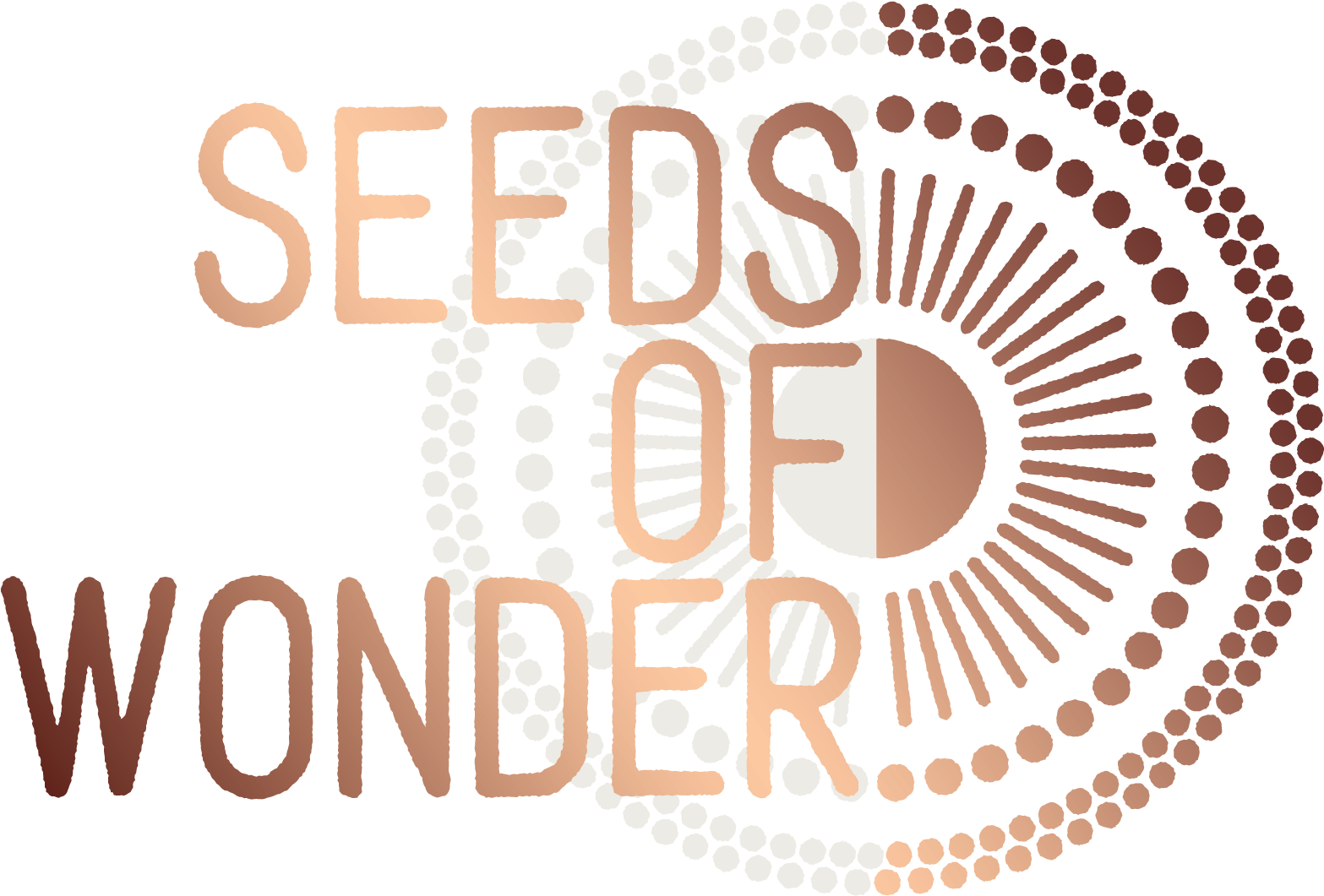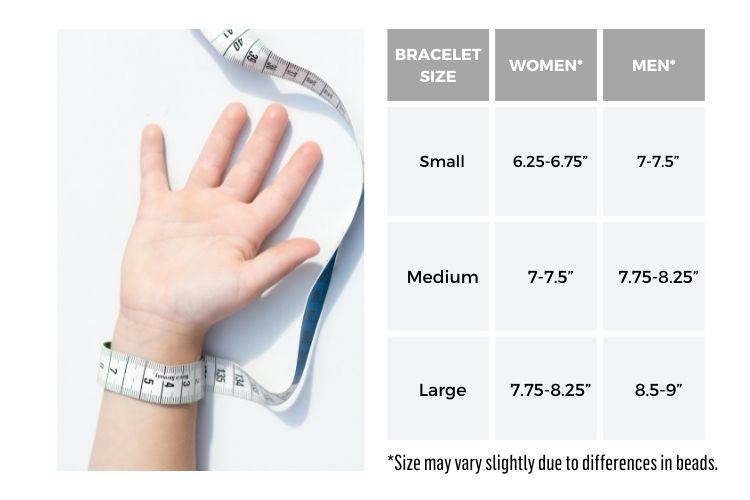Grounding Techniques Explained
Grounding is a technique that can help you feel more calm and connected to your body and surroundings, especially when you are feeling overwhelmed, anxious, or stressed. It can also help you become more mindful, centered and present in your daily life.
How to ground yourself?
There are many ways, but to get you started, here are some steps you can follow to ground yourself.
- Find a comfortable and safe place to sit or stand.
- Take a few deep breaths and focus on the sensation of the breath moving in and out of your body.
- Notice the sensations in your body, such as the feeling of your feet on the ground, the chair or floor beneath you, or the clothes against your skin.
- Look around you and take in your surroundings. Notice the colors, shapes, and textures of objects in the room.
- Place your hands on your lap or on your knees and feel the sensation of your skin against your clothing.
- If you are outside, you can focus on the sensations of the wind on your skin, the ground beneath your feet, or the sights and sounds of nature.
- Take a few more deep breaths and allow yourself to be present in the moment, without judgment.

Using essential oils and candles to ground you
Using essential oils and candles can be a helpful addition to grounding techniques, as the sense of smell is closely linked to the emotional center of the brain.
Certain essential oils and candles can have a calming or grounding effect, and can be used as part of a self-care routine or when you are feeling overwhelmed or stressed.
Here are a few essential oils that are often used for grounding:
- Frankincense: This oil has a warm, woody aroma that is calming and grounding. It can help to reduce anxiety and promote a sense of peace.
- Sandalwood: This oil has a warm, woody aroma that is calming and grounding. It can help to reduce stress and promote a sense of relaxation.
- Patchouli: This oil has a warm, earthy aroma that is grounding and calming. It can help to reduce anxiety and promote a sense of tranquility.
- Vetiver: This oil has a rich, earthy aroma that is grounding and calming. It can help to reduce stress and promote a sense of stability.
To use essential oils for grounding, you can add a few drops to a diffuser or mix with a carrier oil and apply to your pulse points. You can also add a few drops to a warm bath or use in a massage.
Using candles with a calming or grounding aroma can also be helpful. Some good options include:
- Lavender: This scent is calming and relaxing.
- Vanilla: This scent is comforting and soothing.
- Sandalwood: This scent is calming and grounding.
- Frankincense: This scent is calming and grounding.
To use candles for grounding, light the candle and allow the aroma to fill the room. You can also try taking deep breaths and focusing on the scent as you inhale.
Remember to use essential oils and candles safely, following the instructions on the label and taking precautions to prevent fires.
Other tools you can use to ground you
There are many other tools and techniques that you can use to ground yourself and feel more present and connected to your body and surroundings. Here are a few options:
- Physical sensations: Focusing on physical sensations can help to ground you and bring you back to the present moment. This can include the feeling of your feet on the ground, the sensation of a piece of jewelry or an object in your hand, or the texture of a blanket or pillow.
- Nature: Connecting with nature can be a powerful way to ground yourself. This can include spending time in a park or garden, going for a walk in the woods, or simply looking out the window at the natural world.
- Exercise: Physical activity can be a great way to ground yourself and release tension. This can include activities like yoga, walking, running, or dancing.
- Art or music: Engaging in creative activities can be a helpful way to ground yourself and express your emotions. This can include drawing, painting, writing, or playing music.
- Breathing exercises: Practicing deep, slow breathing can help to calm your mind and body and bring you back to the present moment. You can try techniques like diaphragmatic breathing, alternate nostril breathing, or the 4-7-8 breathing exercise.
- Journaling: Writing down your thoughts and feelings can be a helpful way to process and release emotions, and can also help to ground you in the present moment.
- Guided meditation or visualisation: Listening to a guided meditation or visualisation can help to calm your mind and bring you back to the present moment. There are many resources available online or on apps that offer guided meditations and visualisations.
Remember to choose techniques that work best for you and that you enjoy. It's also a good idea to have a few different tools in your toolkit so that you can try different approaches depending on your needs and preferences.

Benefits of grounding
There are many benefits to grounding, also known as 'earthing'. Some of the benefits of grounding include:
- Reduced stress: Grounding can help to reduce stress by calming the nervous system and promoting a sense of relaxation and calm.
- Improved sleep: Grounding can help to improve sleep by regulating the body's natural sleep-wake cycle and reducing stress and anxiety.
- Improved mood: Grounding can help to improve mood by reducing stress and promoting feelings of calm and well-being.
- Increased energy: Grounding can help to increase energy by improving circulation and reducing inflammation in the body.
- Improved immune function: Grounding can help to improve immune function by reducing inflammation and promoting the production of antioxidants.
- Better cardiovascular health: Grounding can help to improve cardiovascular health by reducing inflammation and promoting healthy blood flow.
- Reduced pain: Grounding can help to reduce pain by reducing inflammation and promoting the production of endorphins, which are natural pain-relieving chemicals in the body.
Overall, grounding can be a powerful tool for improving physical and mental health and well-being. It can help to reduce stress and promote a sense of calm and connection to the present moment, and can be especially helpful when you are feeling overwhelmed or anxious.





